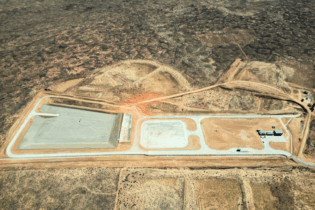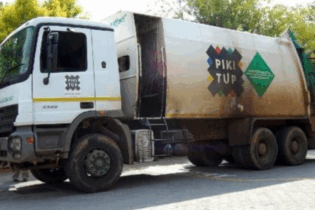The Energy Intensive Users’ Group (EIUG) has raised concerns that the price path for electricity in South Africa may place consumers and business under even greater pressure in the next few years, since the first round of tariff hikes in 2010.
Eskom’s results for 2011, released in June, show an expected rise in total revenue by 28.6% on the back of the 24.8% electricity tariff increases last year. But a spokesperson for the EIUG said it was of concern that primary energy costs have increased by 19.8%.The EIUG says this is a significant increase over and above the 17% increase in primary energy seen last year and expects NERSA to conduct an audit to determine the root causes. In real terms the average Eskom price this year will be ~50c/kWh. Taking into account that new generation costs about 75c/kWh and adding 30% for transmission and distribution, the electricity price could end up close to a whopping 100c/kWh. Municipal customers will pay more, while Eskom transmission customers will pay less as NERSA has recommended that municipalities charge an extra 15% for 2010/11, then 16% for each of the next two years.Taking into account the blending of old and new assets it would be expected that customers should not pay more, and should preferably pay less, than 100c/kWh. Unfortunately, Eskom has been allowed to revalue its assets and so the price advantage of blending has been lost.
The EIUG expects the average tariff to settle around 75c to 80c/kWh by 2016, which means that customers can expect another 50% to 60% increase over the next three years. The group, which represents the biggest business energy users in the country, says it should be a priority to hold increases as low as possible, so as to ensure Eskom’s financial sustainability, while ensuring affordability and competitiveness. The next tariff increases will have adverse effects, and far reaching implications for all South Africans. These price increments add additional pressure to Industrial customers to just maintain current production levels and further price increases will result in production halts and job losses, which South Africa can ill afford. Furthermore this demand destruction has further negative impact on price increases leading to further business failures. South Africa has already seen the effect of rising electricity prices on key business sectors, for example, beneficiation which is one of the pillars of the Government’s New Growth Path Plan. The EIUG are undertaking an industry wide impact assessment of the electricity price path, and is urging all companies currently concerned about the impact of electricity prices to go to www.eiug.org.za to register to participate.





